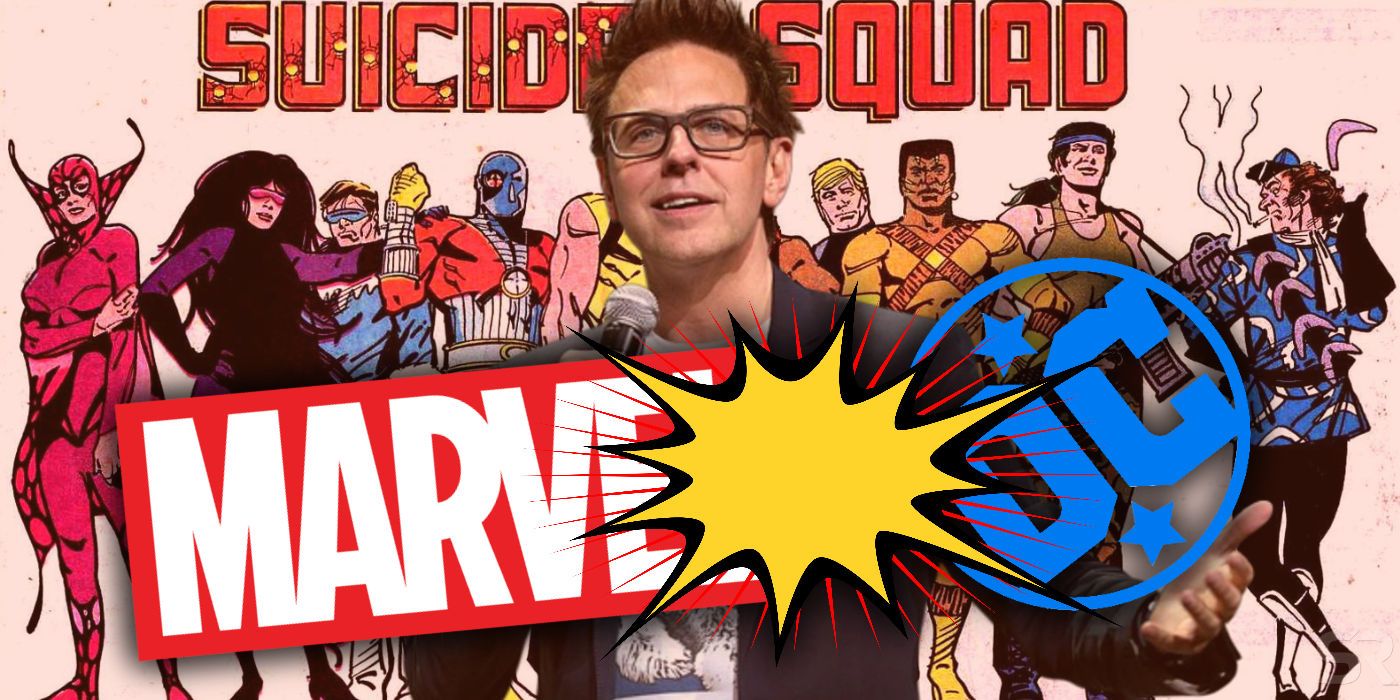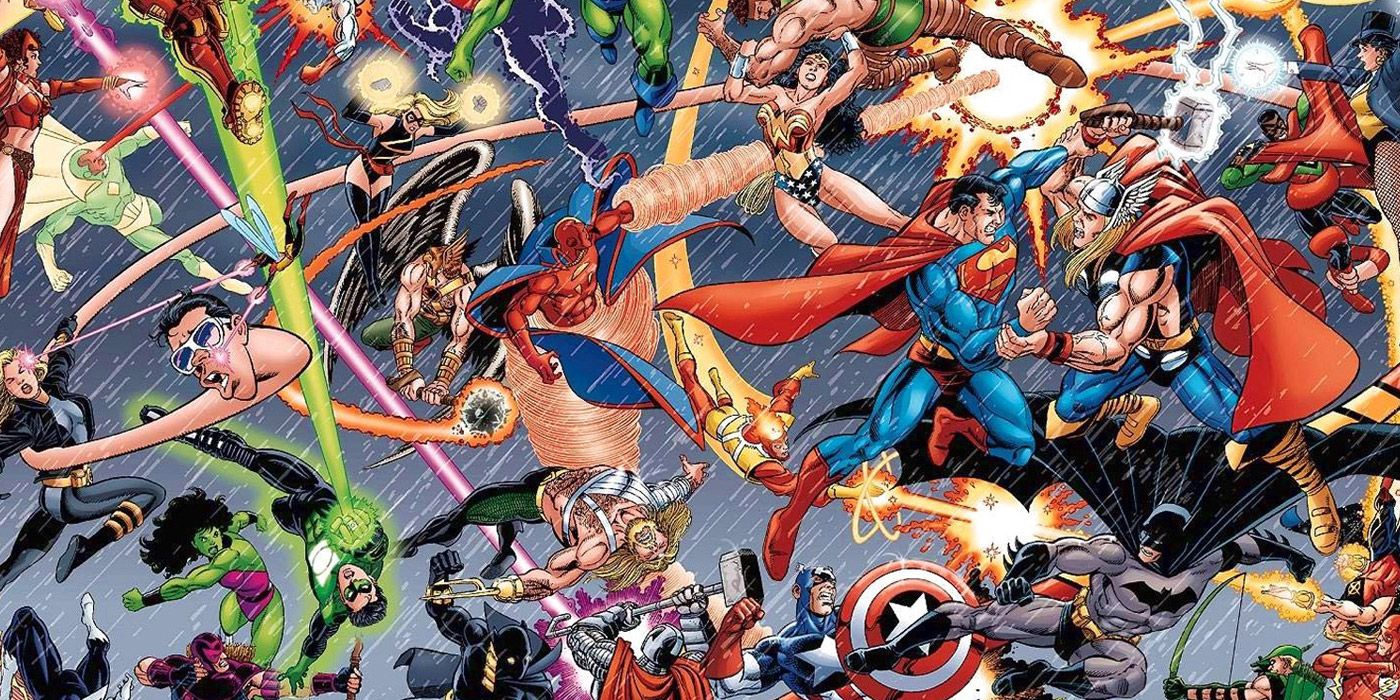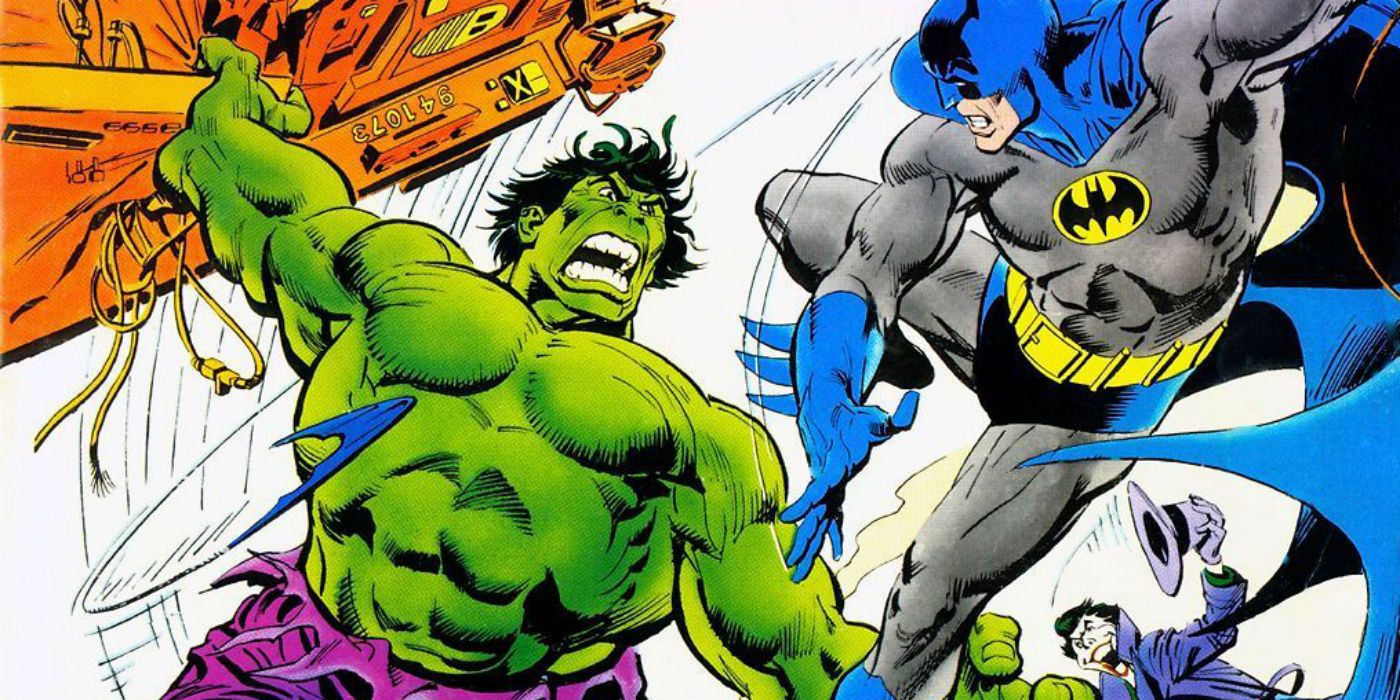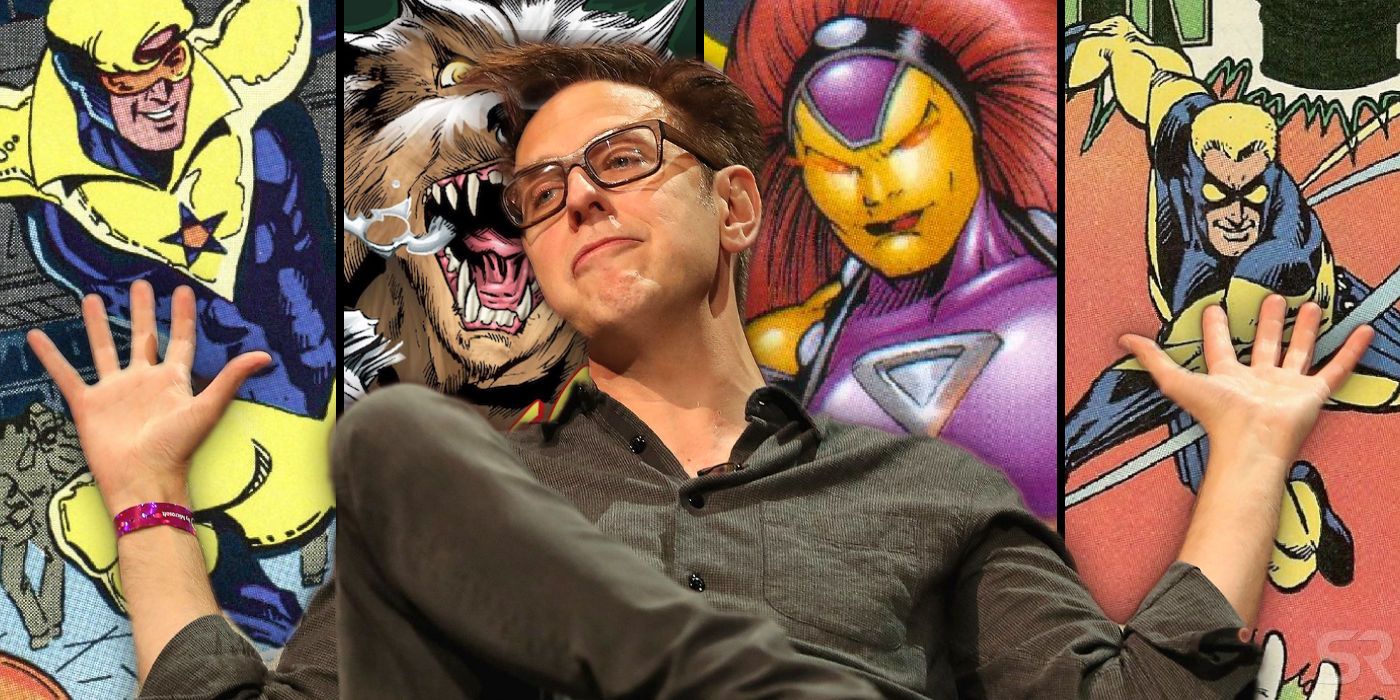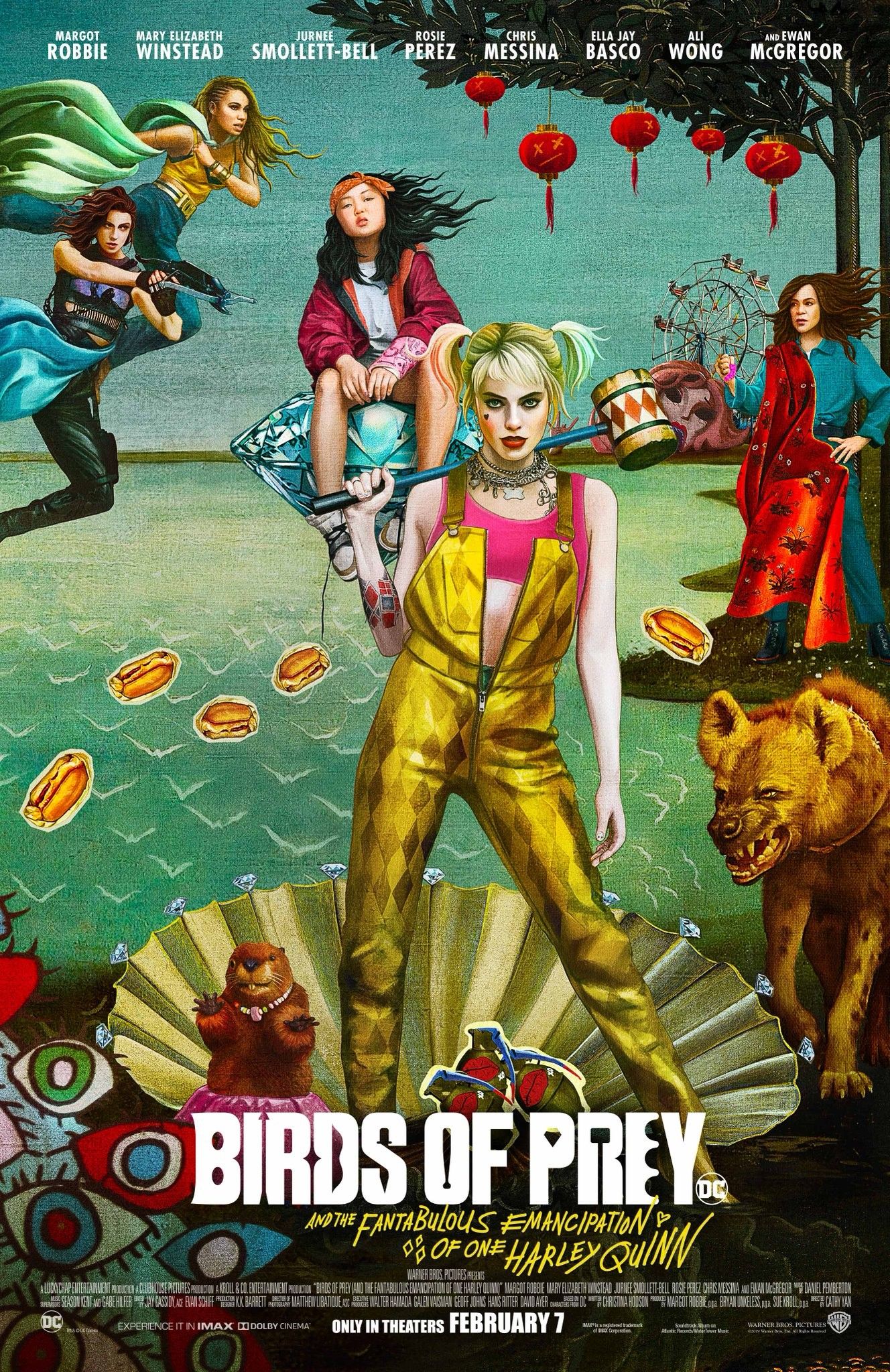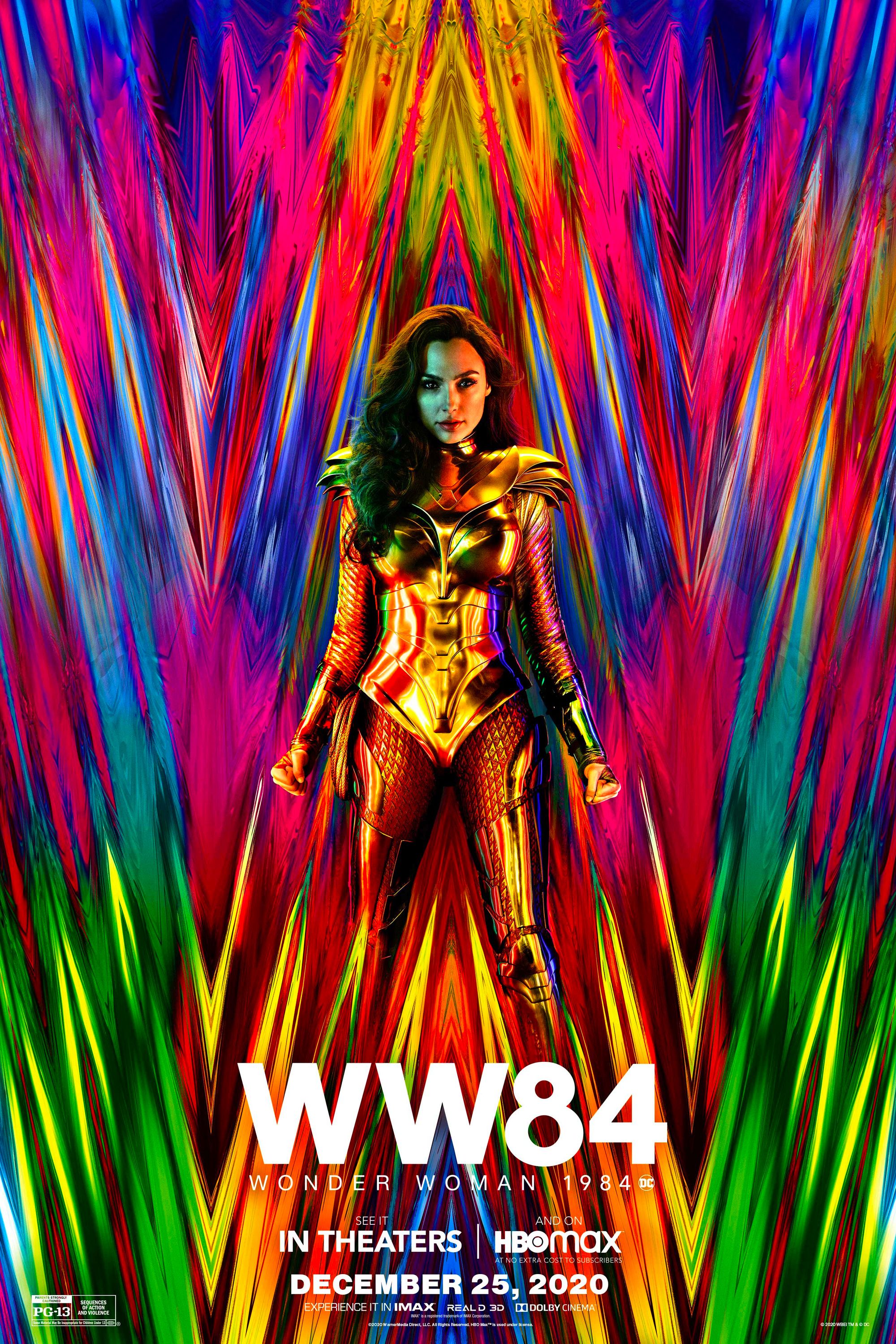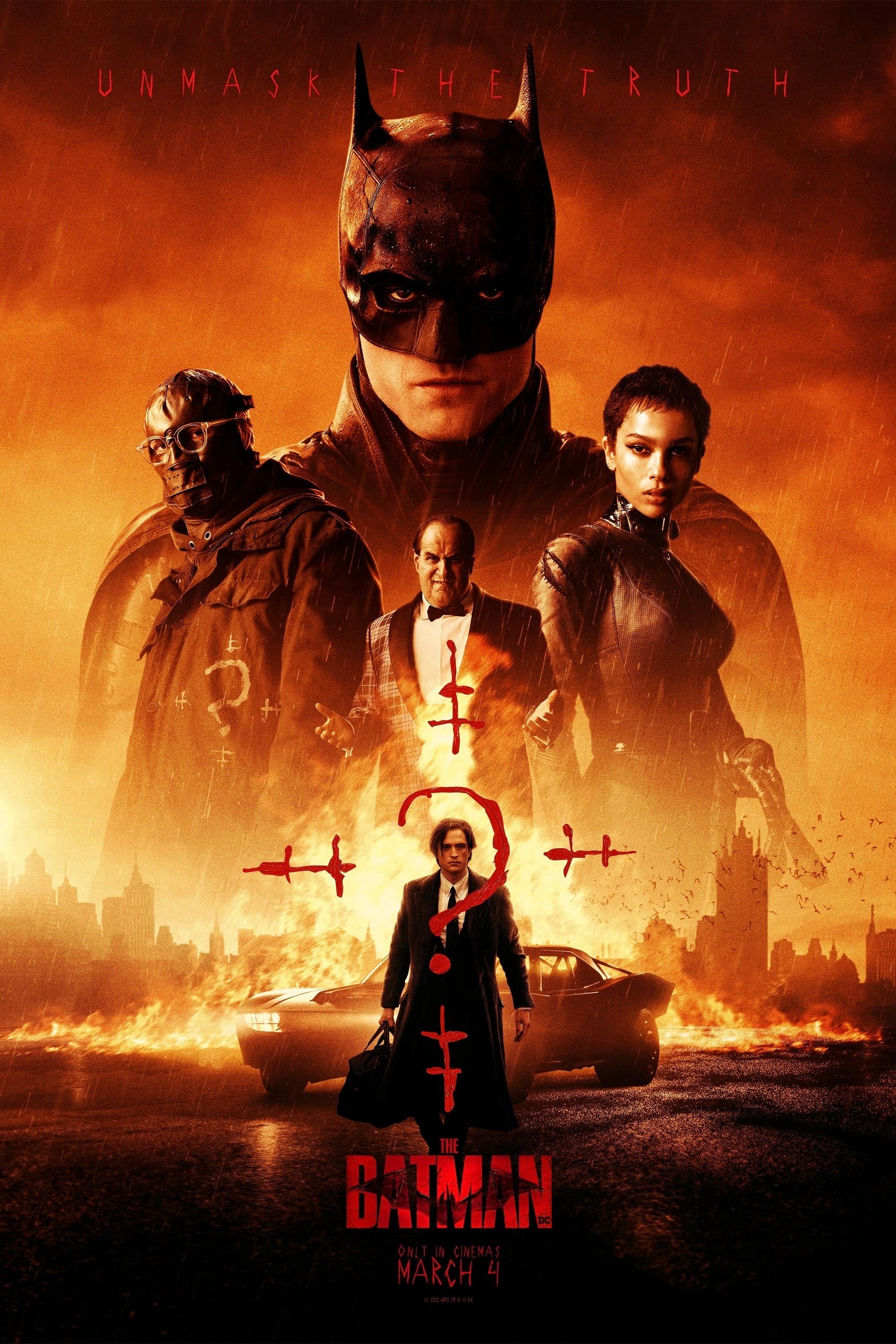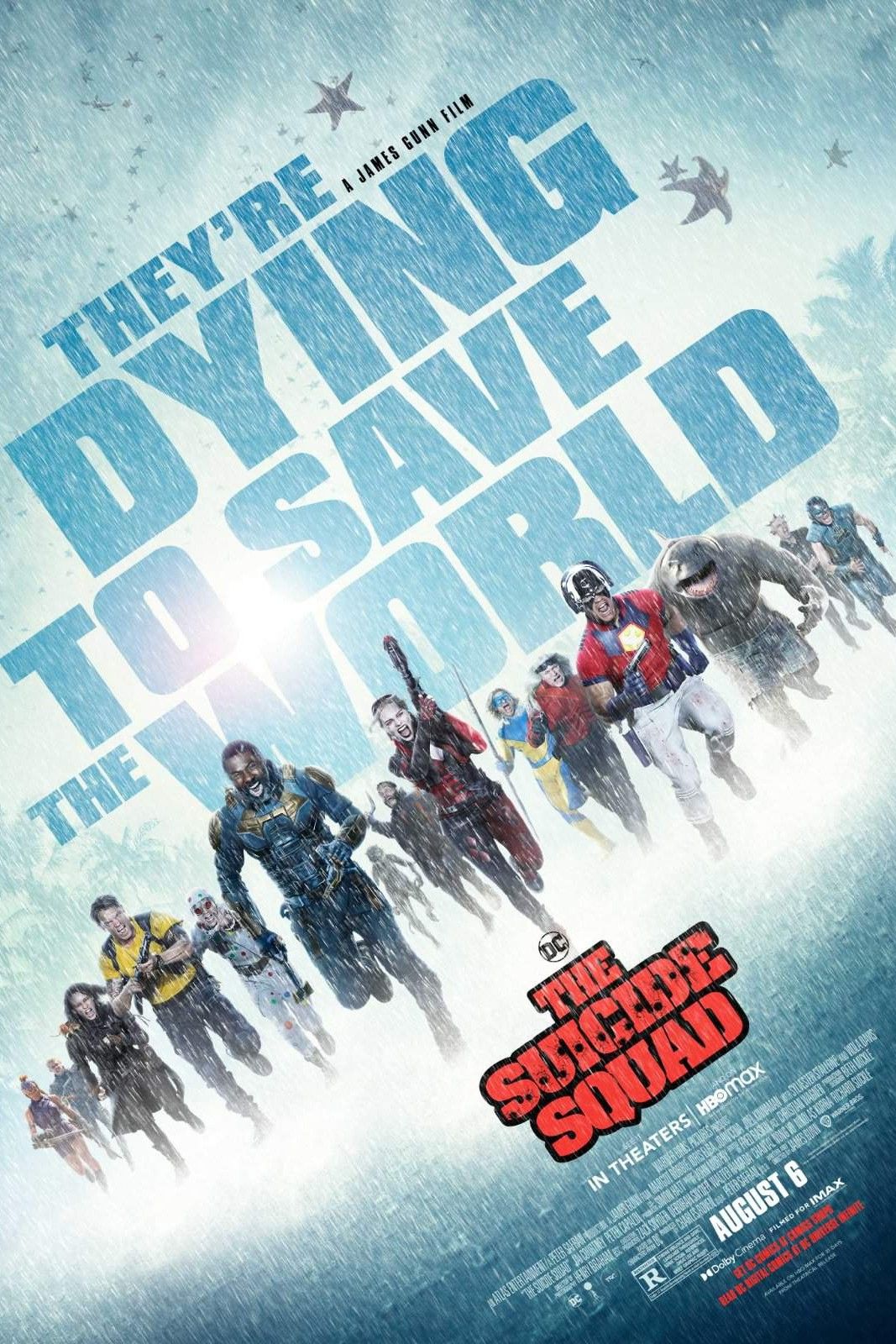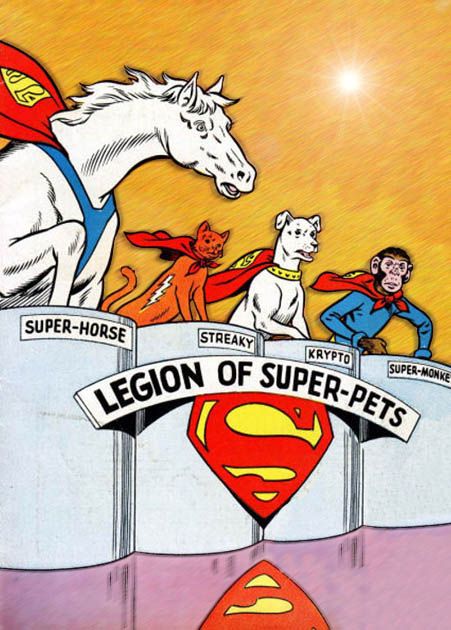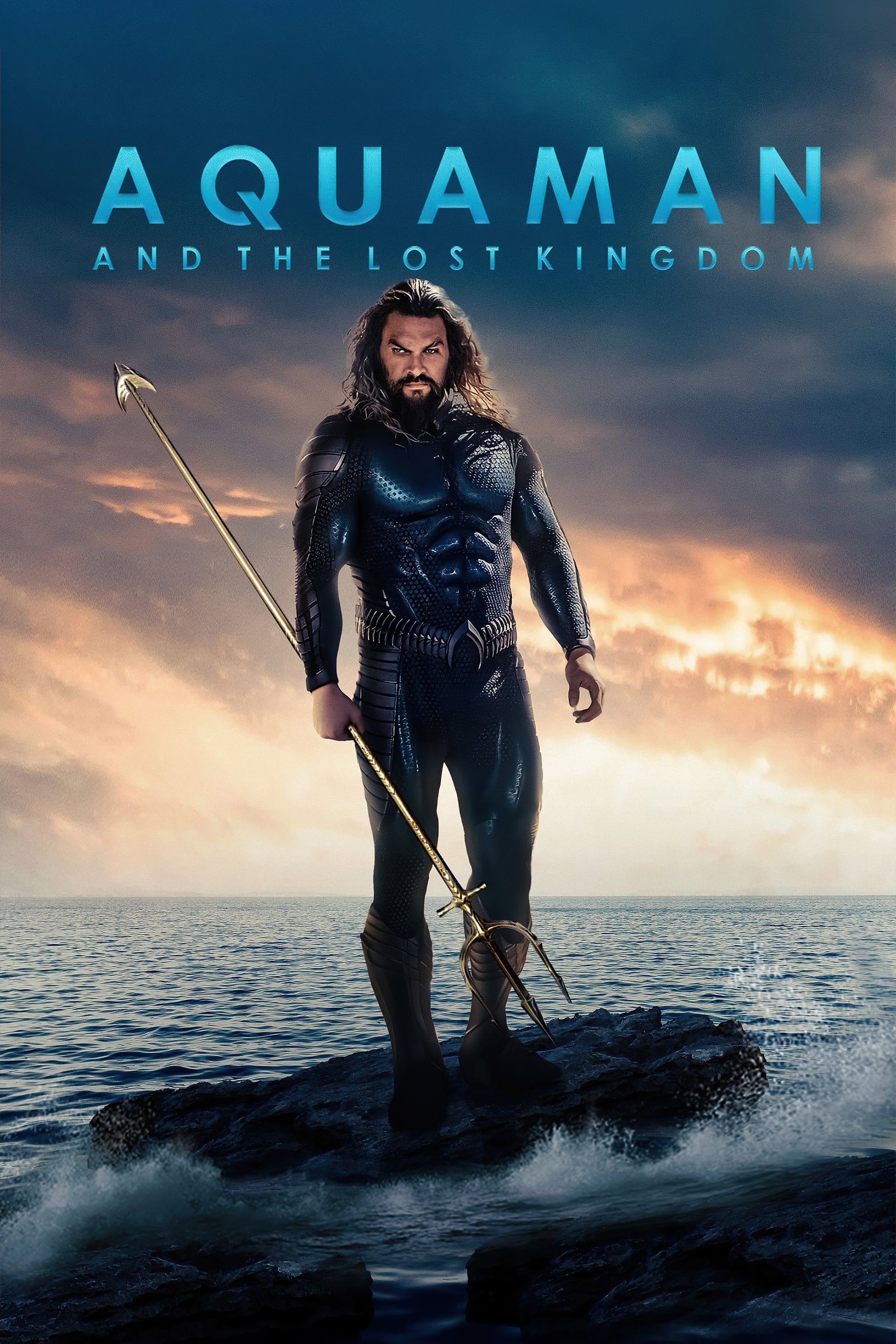The Suicide Squad serves as proof that the rivalry between Marvel and DC doesn't truly exist, or at least not anymore. Marvel and DC are the two biggest comic book publishers in the world, so comparisons between their heroes, comic book sales, and how well their films performed at the box offices are to be expected, but how real is the rivalry between the two companies, especially in terms of their movies? What DC and Warner Bros. is doing with The Suicide Squad suggests that it's much less of a big deal than some fans claim.
The MCU and the DCEU have experienced varying levels of success. Marvel typically releases three films a year. At this point, The MCU has grossed way over $20 billion at the worldwide box office, with 23 films now under its belt. Hitting the $1 billion mark is an impressive accomplishment for any franchise, but for Marvel, it's starting to become a regular occurrence, especially over the last two years. It hasn't escaped the notice of fans that the DC is following a very different pattern. While recent movies like Joker and Aquaman have been huge hits for the company, not every film associated with DC has been successful or even well-liked.
These are the sorts of things that fans cling to when declaring that one company is "winning" the rivalry, even though Marvel and DC haven't shied away from heaping on praise when the other succeeds. With that in mind, there's a question of whether or not the rivalry between Marvel and DC is still relevant, and The Suicide Squad can finally put this debate to rest.
The Marvel/DC Rivalry Explained
Decades ago, there were quite a few comic publishers but none could compete with DC Comics, who was the king of the industry in the earliest years of the business. That began to change in the early 1960s when Marvel Comics published the first issue of Fantastic Four. Soon, Marvel became DC's chief competitor, and Marvel and DC turned into the Coca-Cola and Pepsi of comic books. During the Silver Age of comics, Marvel and DC had a tendency to take shots at each other, with Stan Lee getting in the brunt of the jabs with the letter pages and "Stan Lee's Soapbox" included in the comics. Marvel and DC would also poke fun at each other's characters with thinly-veiled references and shameless parodies, like DC's humorous take on Marvel's Namor, Prince Nabob the Sub-Moron. So for the most part, the traded insults between the two companies were all in good fun.
There were a few disputes, however, that were less trivial. For instance, it's been said that Stan Lee decided that Marvel Comics would leave Wonder Man in the past because of DC's complaints about his name being too similar to Wonder Woman. Later, DC created Power Girl, despite Marvel already having a Power Man (Luke Cage). Supposedly, Marvel resurrected Wonder Man just to spite DC. In 1983, Marvel and DC were to do an Avengers/Justice League crossover, but after it fell through both sides blamed each other publicly for the project being cancelled. In recent years, the rivalry between the two fizzled out and has become somewhat nonexistent. Currently, it seems that fans are more focused on comparing their movies rather than their comics.
Fan Wars Have Only Gotten Worse Recently
Marvel and DC fans have always been passionate, but the rise of social media has made it fundamentally worse. Fans have been known to use platforms like Twitter to frequently bash Marvel or DC by making constant comparisons of their movies. This is what makes the rivalry such a huge topic of conversation. Fans tend to make a point of it when a DC film underperforms, and use this an opportunity to explain why the MCU is so much better than the DCEU. Twitter and Facebook users also post memes to poke fun at the other side. These arguments flare up on a regular basis, particularly when Marvel Studios has a huge hit like Black Panther on its hands, or when DC releases a movie like Justice League which disappoints at the box office.
This vocal minority on social media has a particular interest in debating over which movies are better, and this is what keeps the fanbases divided into Marvel and DC camps. This section of the fan community makes the Marvel and DC rivalry more about winning and losing, which is something that people at both companies have pushed back against. Shazam! director David F. Sandberg says that the rivalry is stupid, because no one should want a movie to fail. This is why many encourage fans to appreciate films from both companies - and many fans do, but not all.
Suicide Squad 2 Proves The Rivalry Doesn't Really Exist
In the summer of 2018, Marvel Studios fired James Gunn as the director of Guardians of the Galaxy Vol. 3. Sometime later, DC and Warner Bros. saw an opportunity and pounced, and so, Gunn was hired to direct The Suicide Squad. To some, Gunn had accepted a job with the enemy, but it was not so. If it was, Marvel wouldn't have rehired him in March 2019. Gunn is now directing films for both Marvel and DC. By having two movies shaped by the same director, it forces audiences to judge the movies by their content, and not by the companies behind them. James Gunn can essentially end the Marvel/DC rivalry.
Furthermore, The Suicide Squad is packed with MCU actors as well. The cast includes Ant-Man's David Dastmalchian, Thor's Idris Elba, Guardians of the Galaxy's Michael Rooker and Sean Gunn, and Thor: Ragnarok director Taika Waititi (who previously starred in Green Lantern). Clearly, Marvel has no problem with this set-up, or this idea that some of its actors are working for their biggest rival. That's because the so-called rivalry isn't the issue that some fans perceive it to be, nor should it. Marvel and DC films aren't up against each other at the box office. Their release dates are spaced out, so there's no reason for Marvel or DC to mind their "rival" experiencing success.

